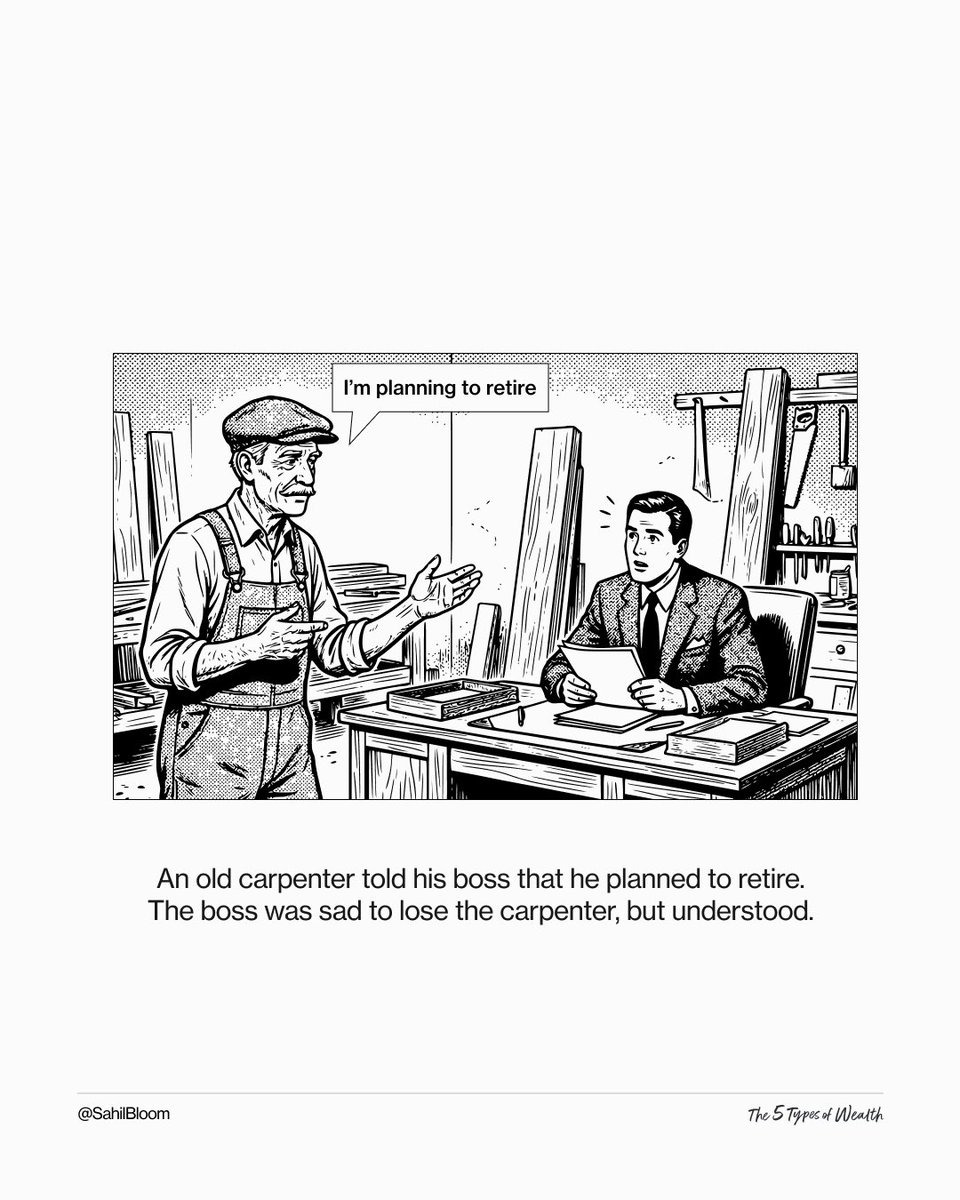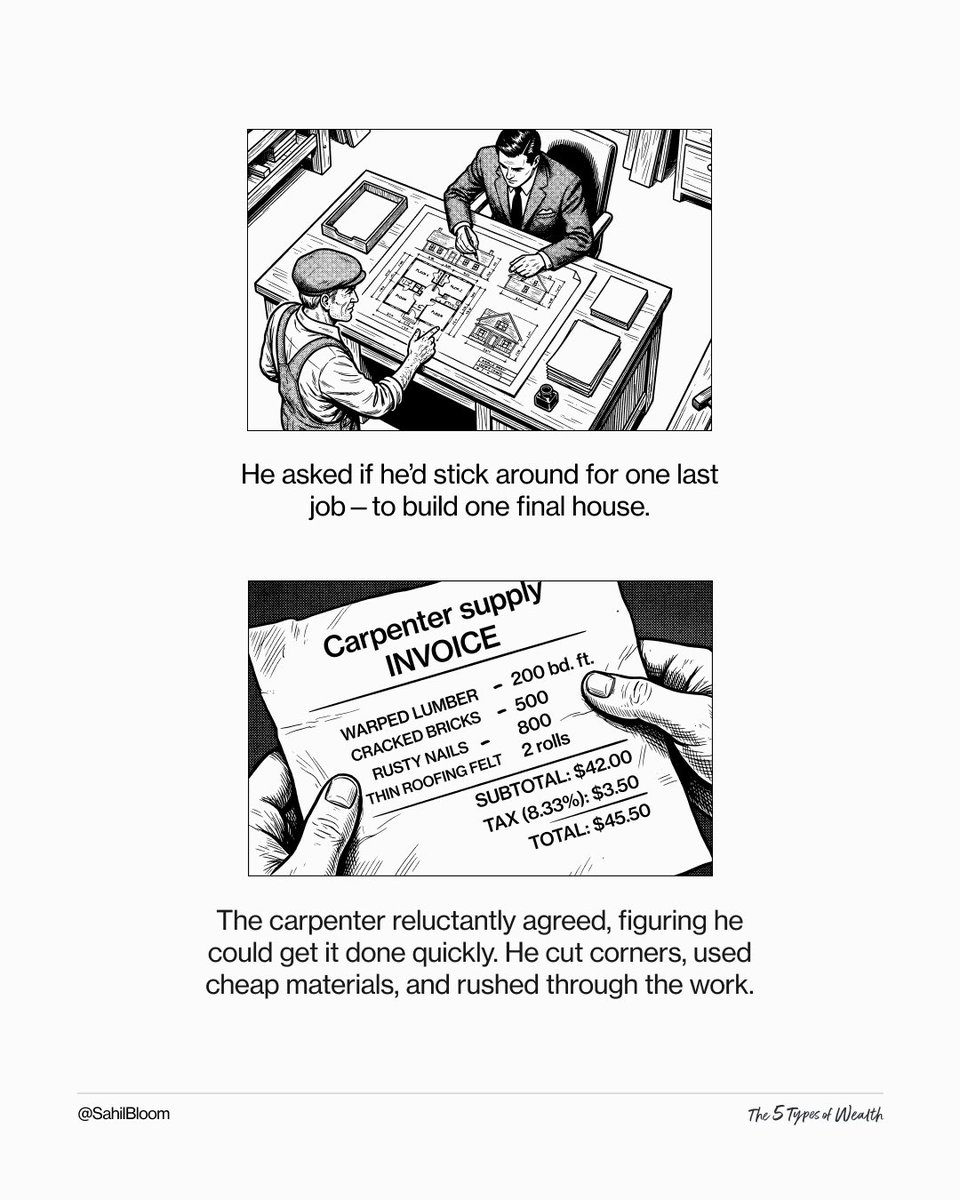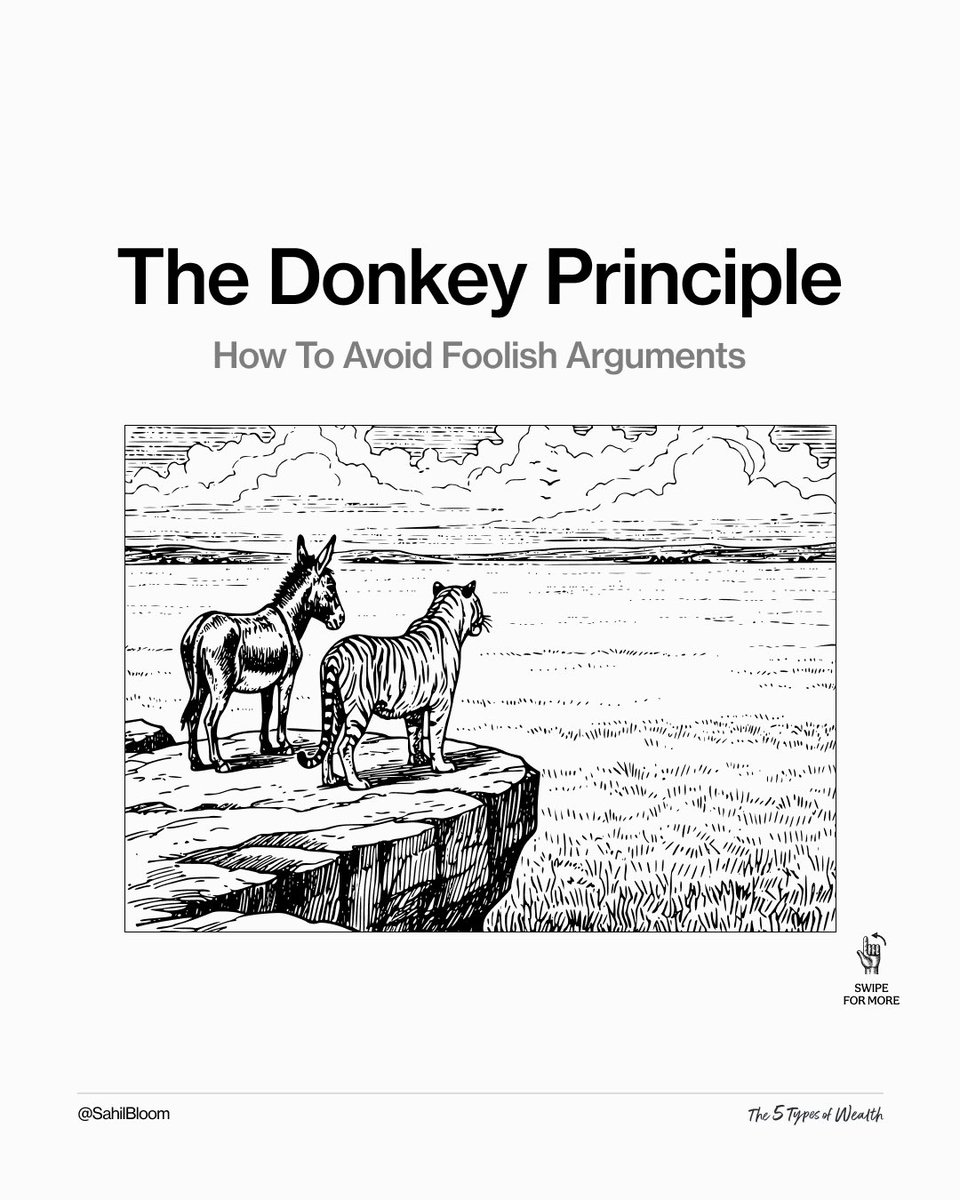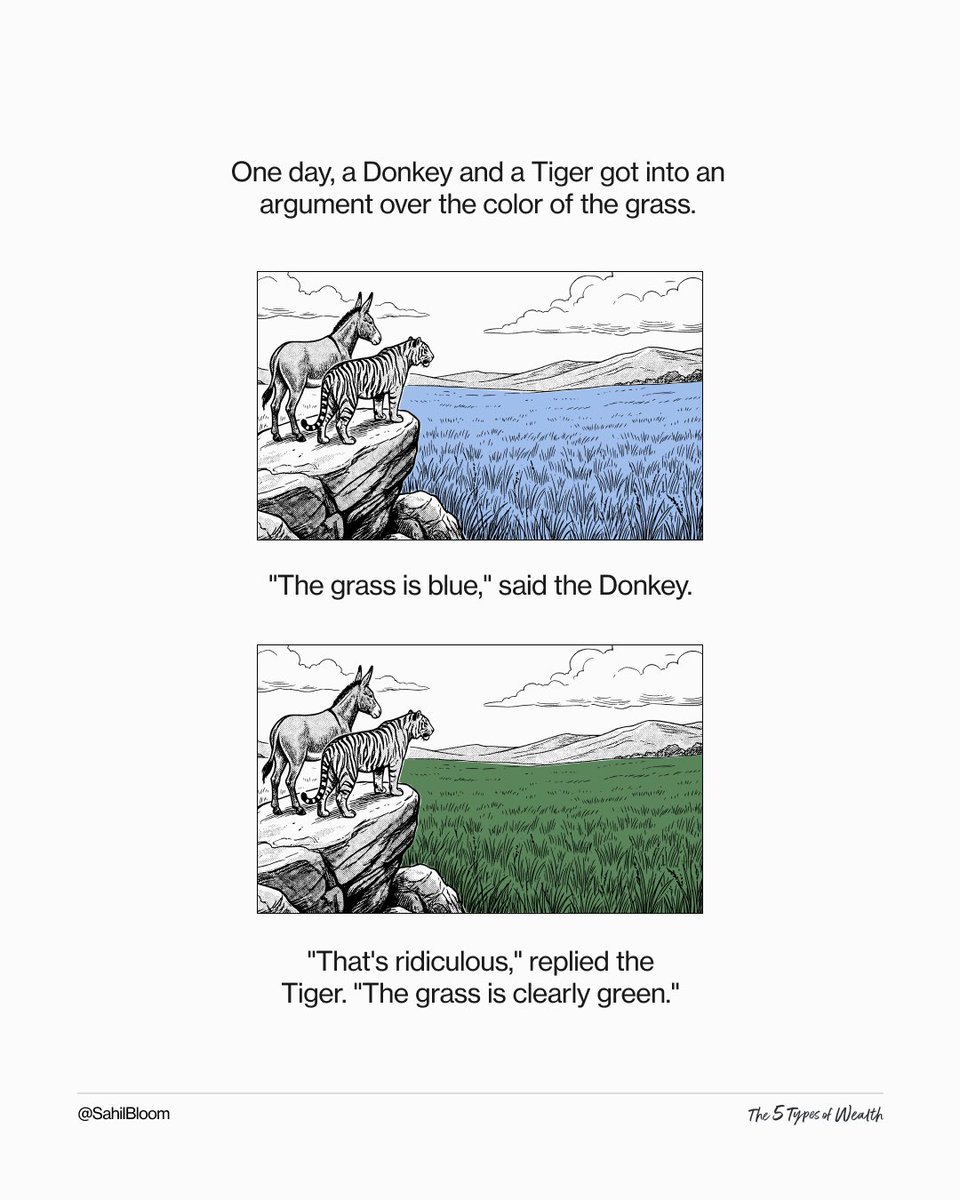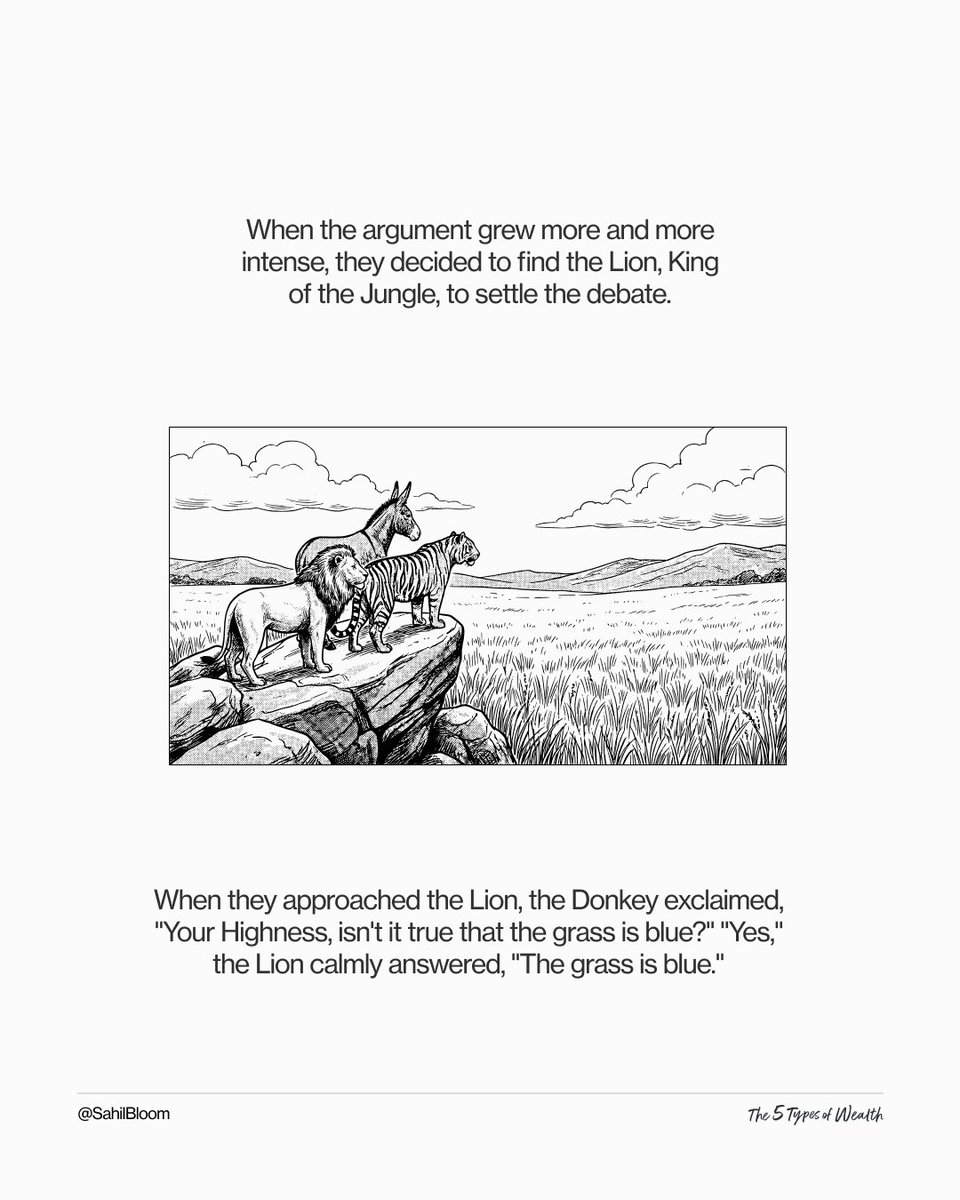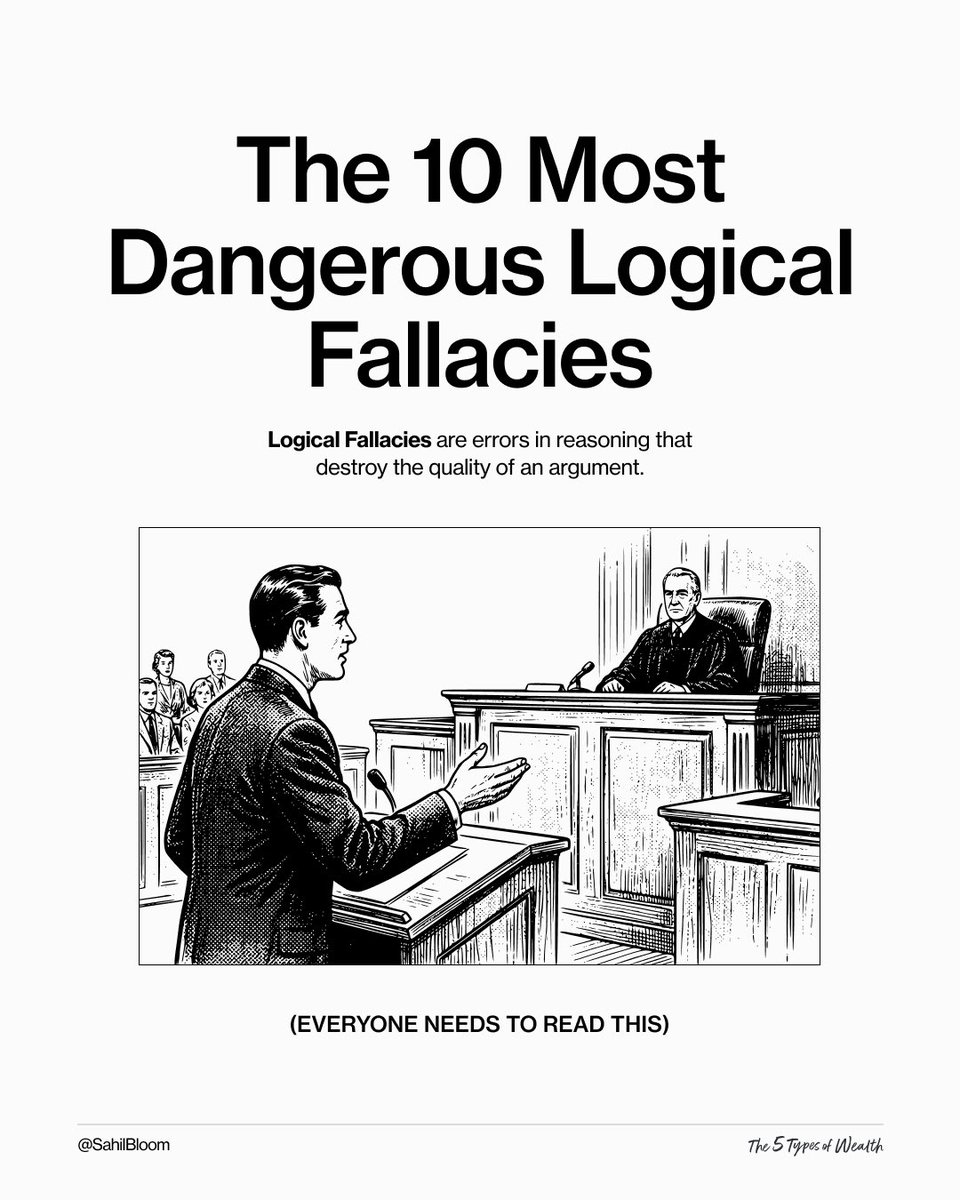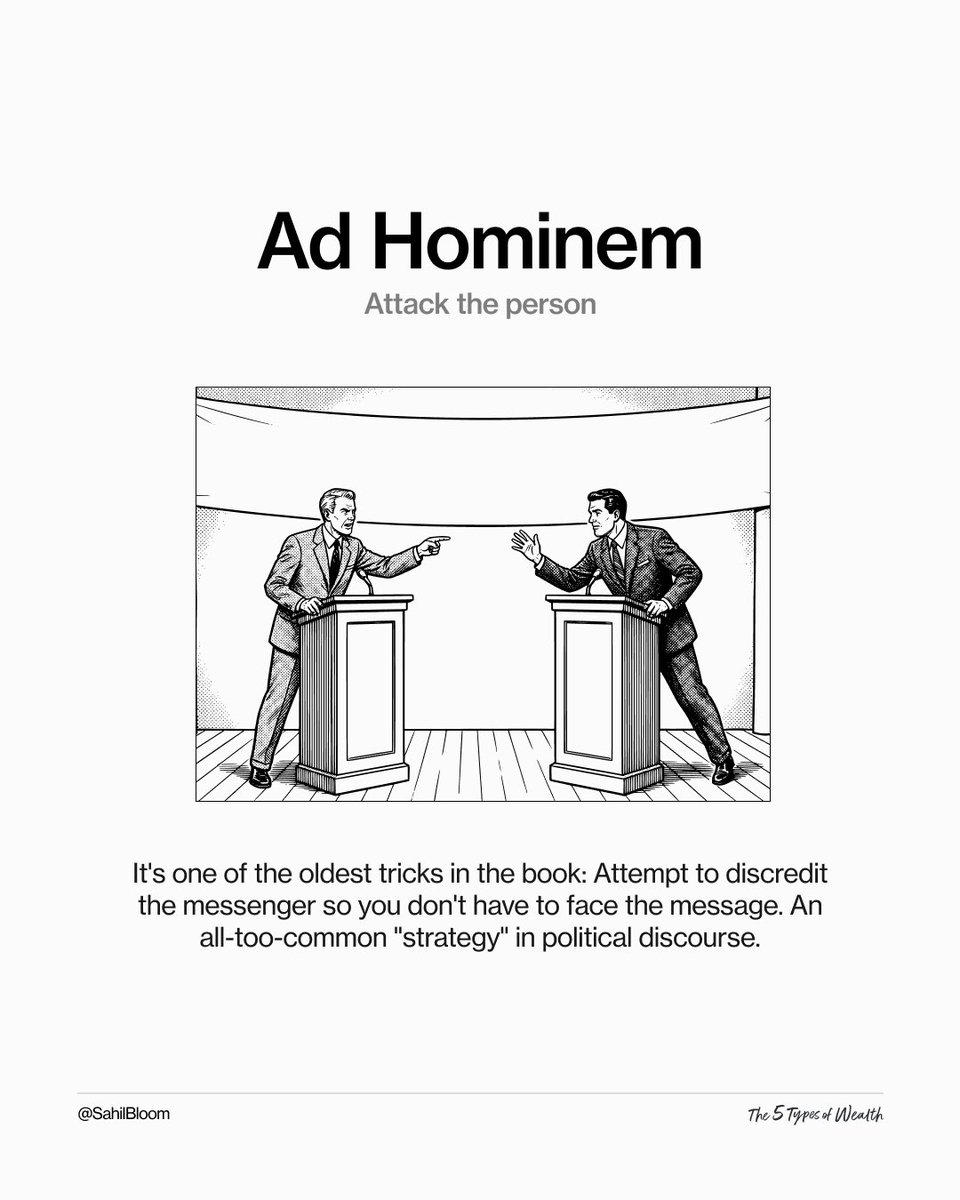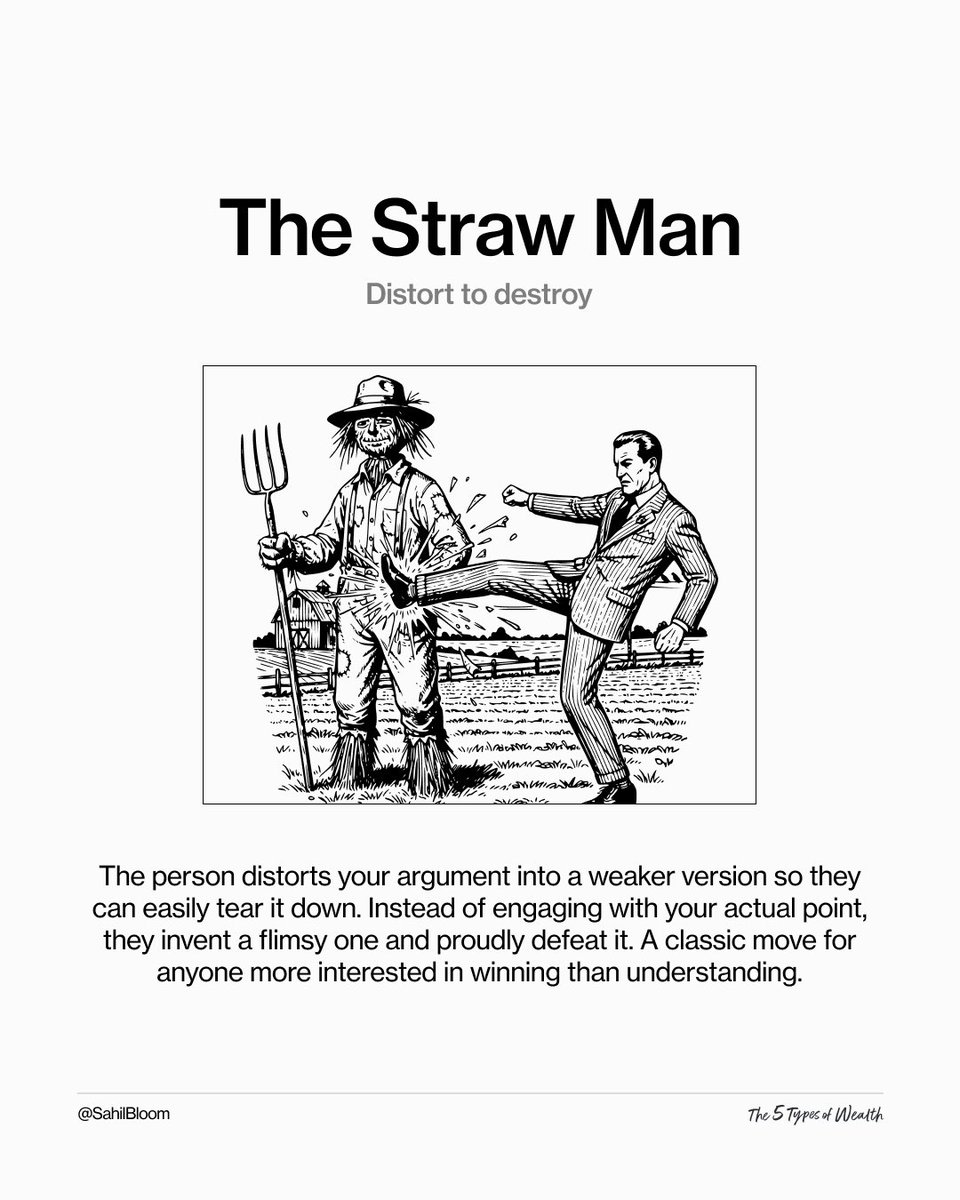In the early 20th century, a Swedish businessman built an awe-inspiring global empire on the back of a simple item: the safety match.
They called him The Match King. But one day, he played with fire, and his entire empire went up in flames.
Who's up for a story?
👇👇👇
They called him The Match King. But one day, he played with fire, and his entire empire went up in flames.
Who's up for a story?
👇👇👇
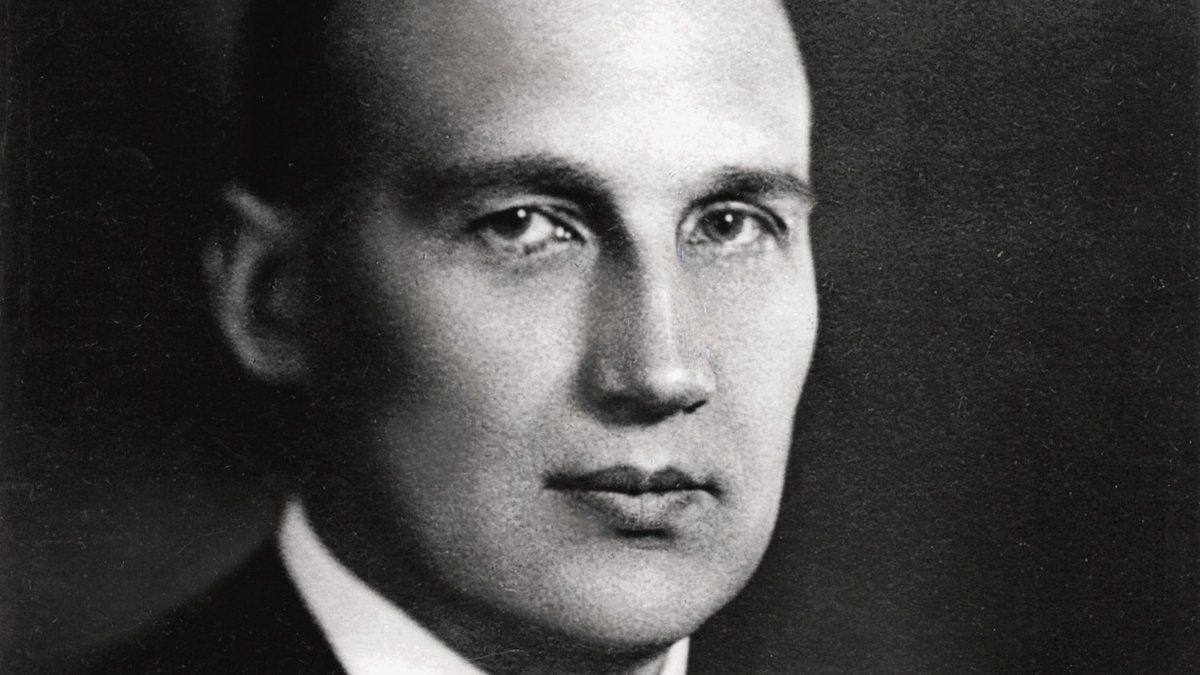
1/ Ivar Kreuger was born in 1880 in Kalmar, Sweden to a wealthy family of industrialists.
In his youth, he showed prodigious intelligence, entering the Royal Institute of Technology at age 16 and completing a dual master's degree in mechanical and civil engineering by age 20.
In his youth, he showed prodigious intelligence, entering the Royal Institute of Technology at age 16 and completing a dual master's degree in mechanical and civil engineering by age 20.
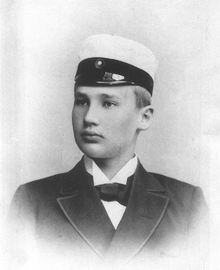
2/ Upon graduation, rather than working for his father's business, Ivar set sail for New York.
Working as an engineer, he was involved in building several landmarks such as The Plaza Hotel.
In 1908, he returned to Sweden, ready to take the business world by storm.
Working as an engineer, he was involved in building several landmarks such as The Plaza Hotel.
In 1908, he returned to Sweden, ready to take the business world by storm.
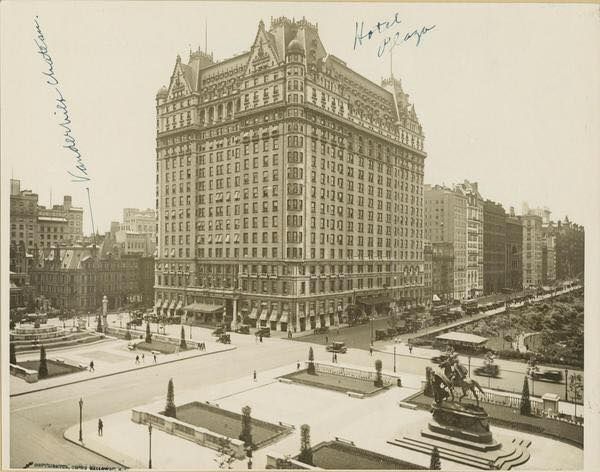
3/ He partnered with a friend and formed Kreuger & Toll, a construction firm, which quickly became a leading player in Sweden.
In 1914, they took the business public. He had achieved a level of success that would be enough for most people.
For Ivar Kreuger, it was not.
In 1914, they took the business public. He had achieved a level of success that would be enough for most people.
For Ivar Kreuger, it was not.
4/ Kreuger had grown up around the safety match industry. His father owned two small match factories in Sweden.
But the industry was highly-fragmented, filled with small players with small contracts making even smaller profits.
Ivar Kreuger saw an opportunity.
But the industry was highly-fragmented, filled with small players with small contracts making even smaller profits.
Ivar Kreuger saw an opportunity.
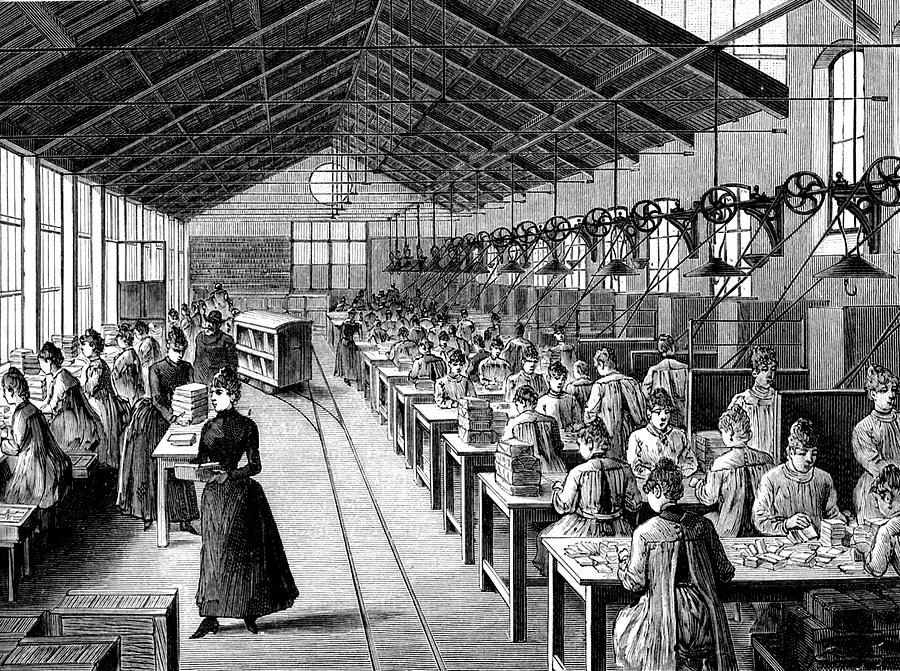
5/ Leveraging his relationships from his success to date, he began to consolidate the industry, starting with his family's operation.
In 1917, he capitalized on the struggles of Sweden's largest producer and forced a merger.
So it was that the Swedish Match Company was born.
In 1917, he capitalized on the struggles of Sweden's largest producer and forced a merger.
So it was that the Swedish Match Company was born.
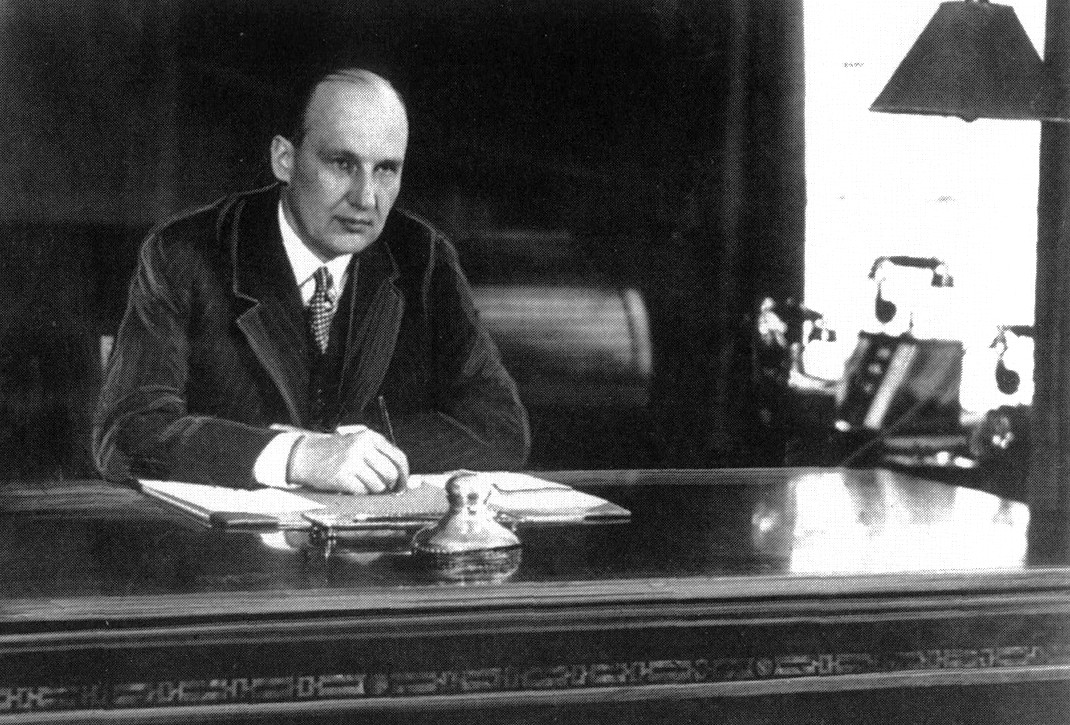
6/ With a frenzy of activity, he rolled up raw material suppliers and manufacturers all across Europe.
In 1923, Kreuger established a US holding company for his interests - International Match Corporation - which would come to own ~75% of the world's match production.
In 1923, Kreuger established a US holding company for his interests - International Match Corporation - which would come to own ~75% of the world's match production.
7/ An expert marketer, in a short span, he was able to raise ~$150 million (~$2.3 billion today) from American investors for this venture.
But in an era of great monopolists, Ivar Kreuger sought to blaze his own trail. So when it came to building a monopoly, he got creative.
But in an era of great monopolists, Ivar Kreuger sought to blaze his own trail. So when it came to building a monopoly, he got creative.
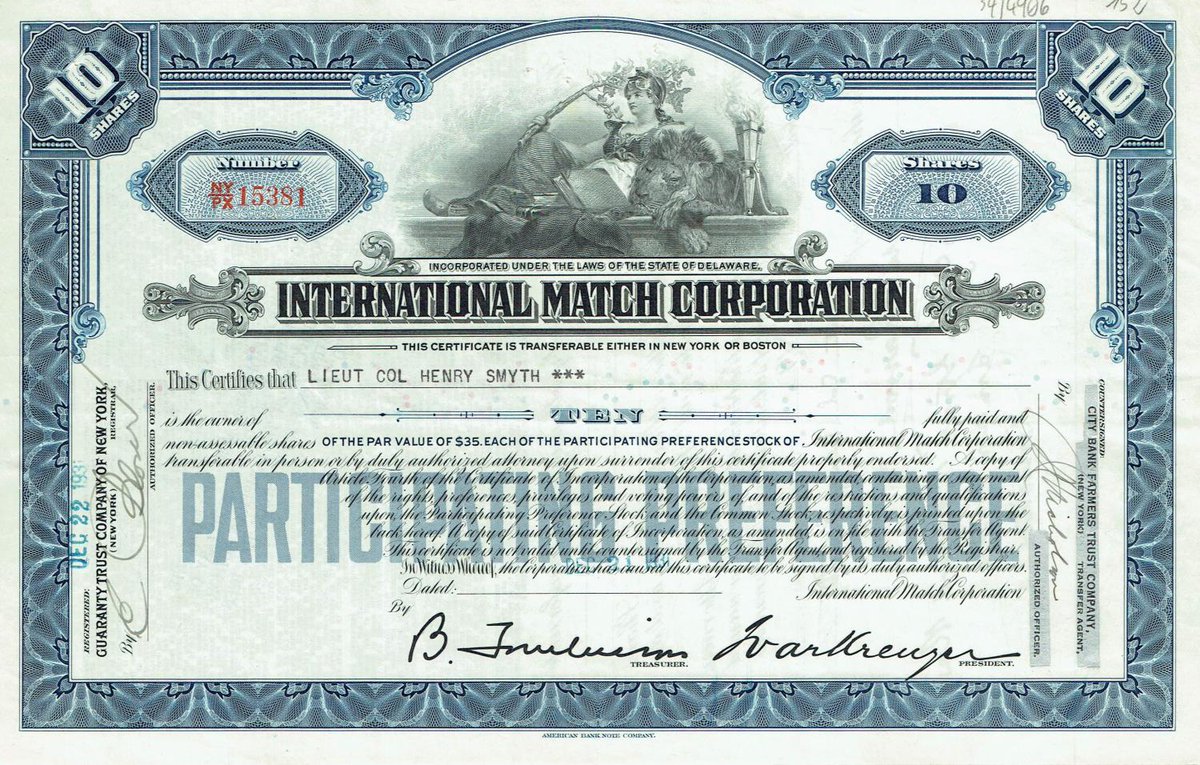
8/ He struck secret deals with many countries.
He would lend them money in exchange for a monopoly on match production and sales.
With this powerful position, he could drive up sales AND secure his loans, which were backed by tax revenues collected on match sales.
Genius...
He would lend them money in exchange for a monopoly on match production and sales.
With this powerful position, he could drive up sales AND secure his loans, which were backed by tax revenues collected on match sales.
Genius...
9/ With this scheme, Kreuger came to fancy himself as a great businessman and a great statesman.
In his mind, he was loaning money to poor countries in an effort to rebuild the world following World War I.
But under the surface, his highly-levered empire was on fragile footing.
In his mind, he was loaning money to poor countries in an effort to rebuild the world following World War I.
But under the surface, his highly-levered empire was on fragile footing.
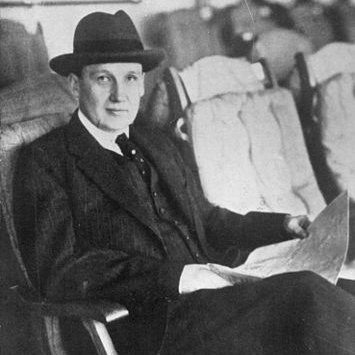
10/ He began employing an array of dazzling financial tricks - some legal, some maybe not - to portray strength to his investors.
He even invented the dual class share structure - famous today in Silicon Valley - which enabled him to maintain control of his companies over time.
He even invented the dual class share structure - famous today in Silicon Valley - which enabled him to maintain control of his companies over time.
11/ While his companies appeared to weather the early years of the Great Depression quite well, they were beginning to unravel.
In 1931, it appeared as though International Match's dividend, once believed to be rock solid, would not be paid.
Short sellers emerged. Panic ensued.
In 1931, it appeared as though International Match's dividend, once believed to be rock solid, would not be paid.
Short sellers emerged. Panic ensued.
12/ Rumors began to swirl about financial impropriety at Kreuger's companies.
In March 1932, after a last-ditch attempt at a rescue failed, Ivar Kreuger was found dead in his Paris hotel room with a single gunshot wound to the chest.
The reign of The Match King was over.
In March 1932, after a last-ditch attempt at a rescue failed, Ivar Kreuger was found dead in his Paris hotel room with a single gunshot wound to the chest.
The reign of The Match King was over.
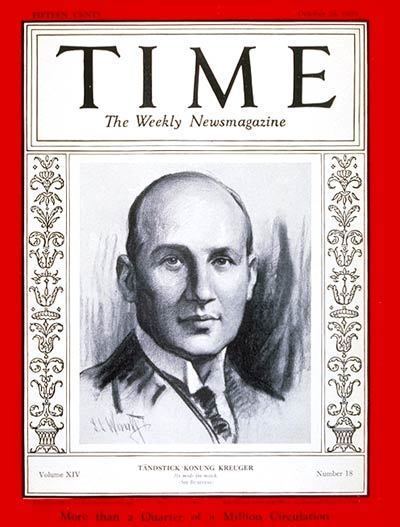
13/ While it was assumed to be suicide, Kreuger's family believed he was murdered.
Ivar Kreuger's death led to a broad, sweeping crash in many global markets, particularly after a Price Waterhouse autopsy of his empire revealed a multitude of falsifications and manipulations.
Ivar Kreuger's death led to a broad, sweeping crash in many global markets, particularly after a Price Waterhouse autopsy of his empire revealed a multitude of falsifications and manipulations.
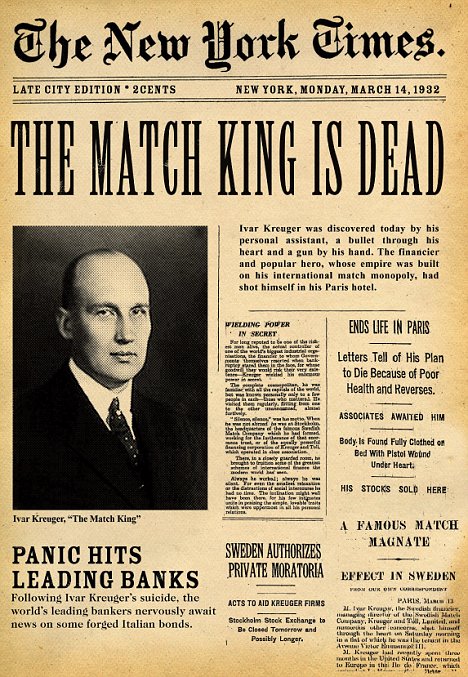
14/ The legacy of Ivar Kreuger is a complicated one.
He was neither a pure business genius nor an evil manipulative swindler.
He built a vast empire, but took some improper liberties. He paved the way for many financial innovators (and swindlers) in the years to come.
He was neither a pure business genius nor an evil manipulative swindler.
He built a vast empire, but took some improper liberties. He paved the way for many financial innovators (and swindlers) in the years to come.
15/ Ivar Kreuger was, in a sense, the tragic hero of his own story. Ambitious, innovative, and fearless to a fault, but also prone to overreach and poor judgement.
@FrankPartnoy covered this story well in his fantastic book, The Match King. amzn.to/36hl8vg
@FrankPartnoy covered this story well in his fantastic book, The Match King. amzn.to/36hl8vg
16/ For more educational threads on money, finance, and economics, check out my meta-thread below!
https://twitter.com/SahilBloom/status/1284583099775324161?s=20
• • •
Missing some Tweet in this thread? You can try to
force a refresh



